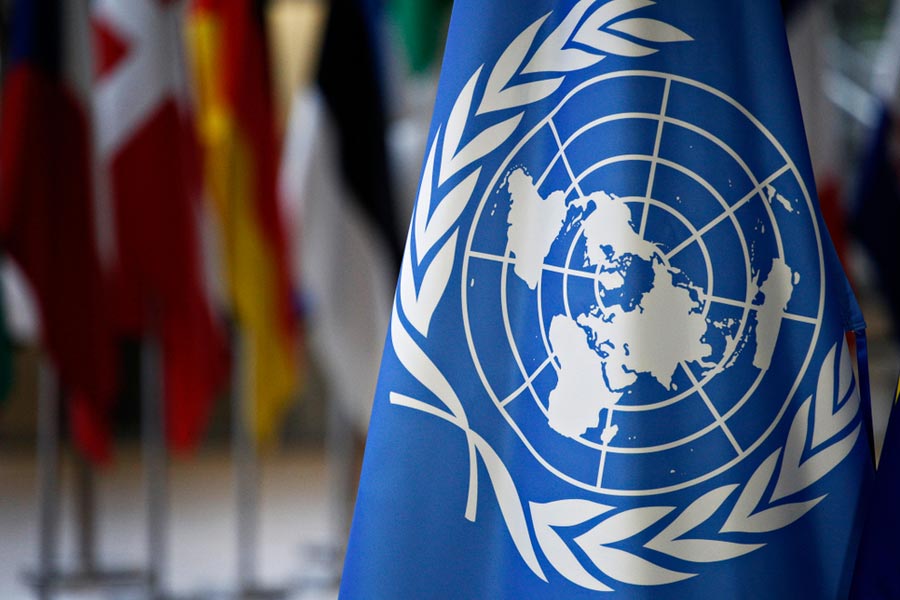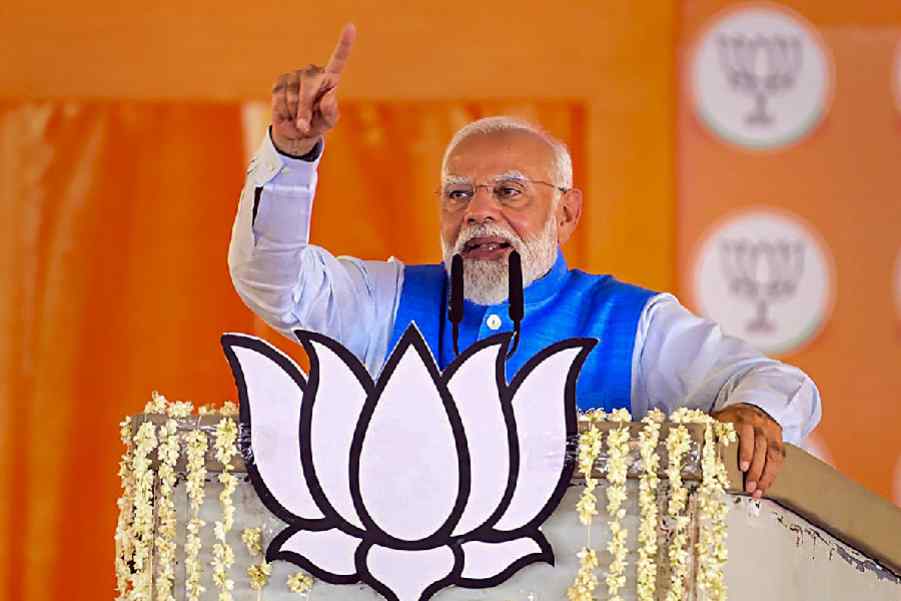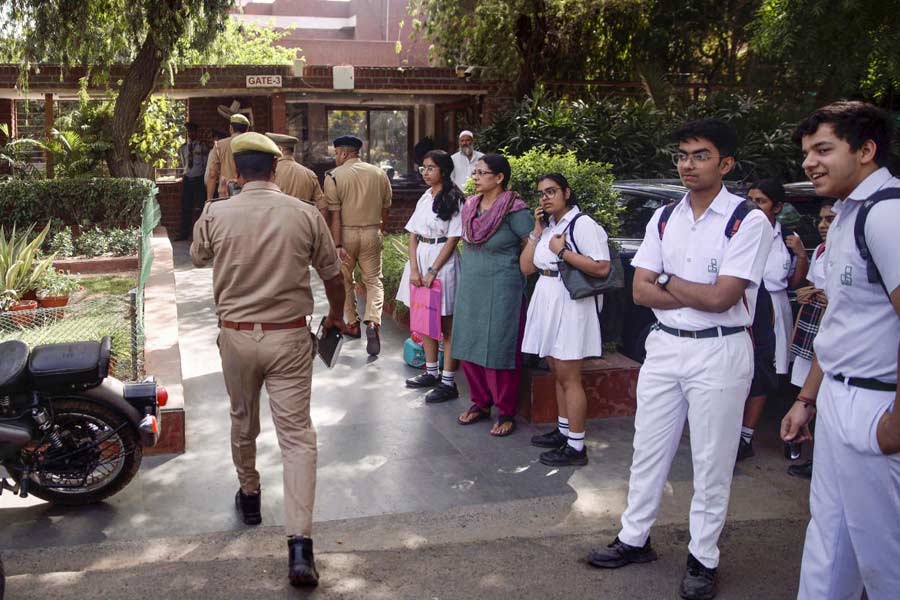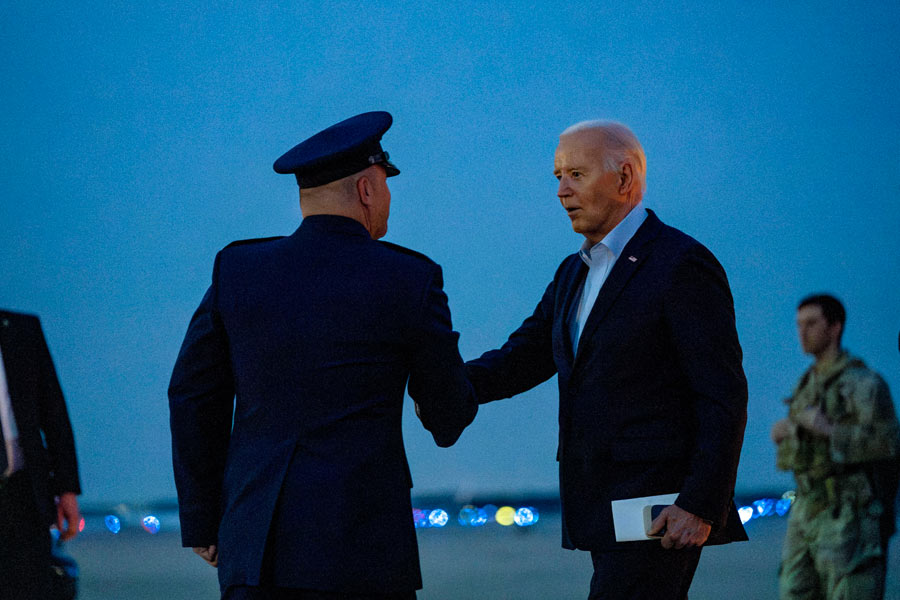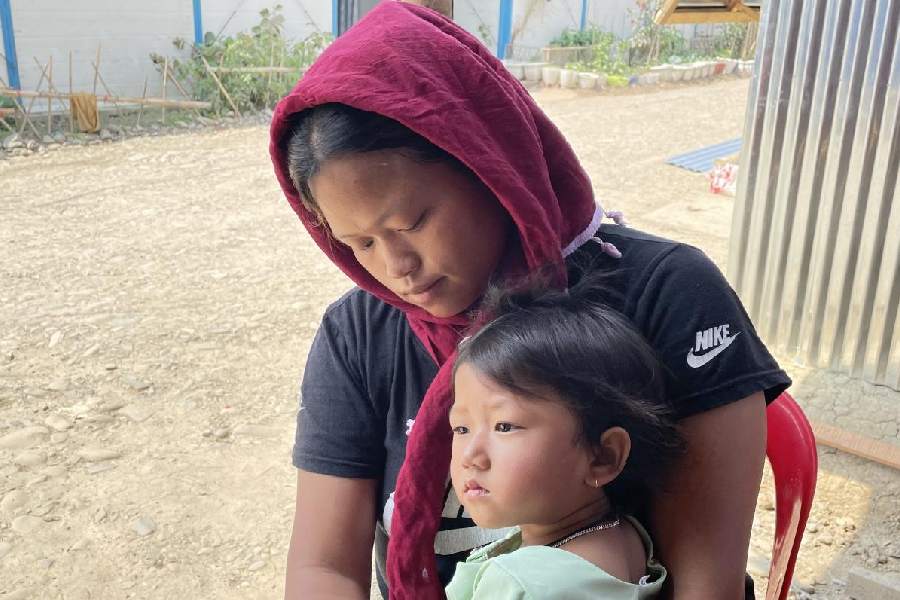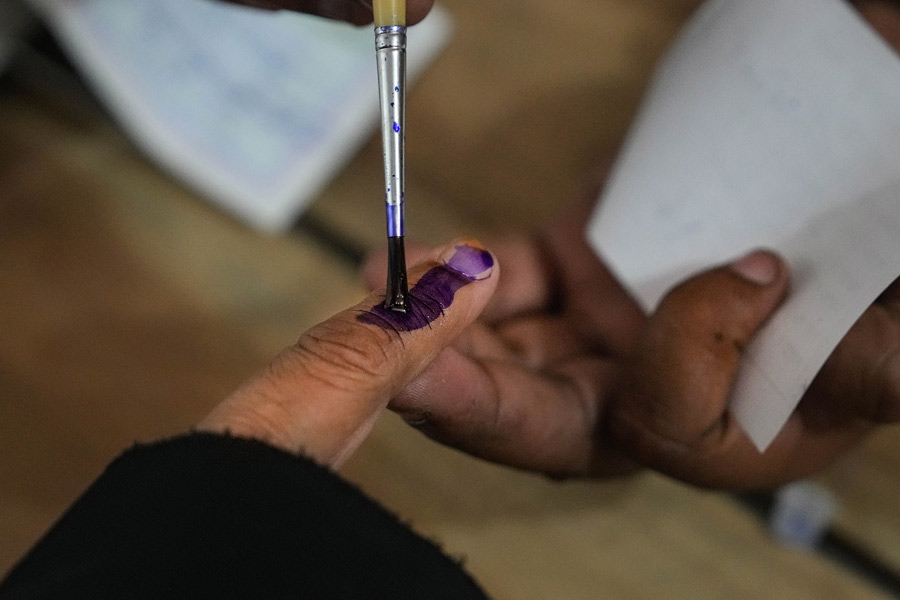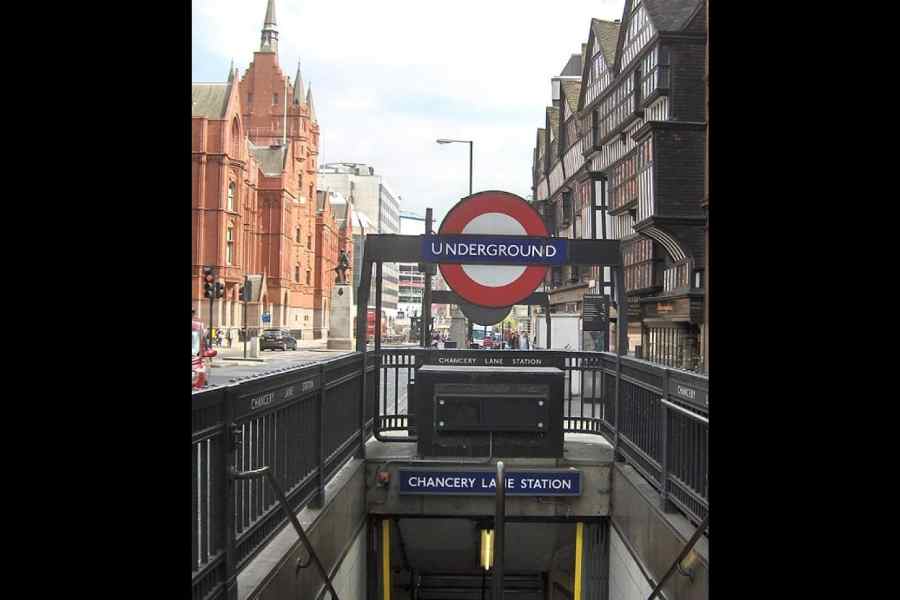UN humanitarian officials warned on Friday of an increasingly dire situation in the Gaza Strip, with aid operations all but incapacitated by the intensifying fighting in the south and civil order breaking down.
As the UN. Security Council prepared for a vote over a demand for a ceasefire, and relief workers in southern Gaza were anxiously seeking more aid. Israel’s increasing airstrikes and ground operations in the south have made relief efforts erratic and undependable, the UN said, and the enclave is facing shortages of food, water and medicine.
“With constant bombardment, low and irregular flow of food and other humanitarian supplies into the Gaza Strip compared to the immense needs of displaced people in our overcrowded shelters and outside, UNRWA’s ability to assist and protect people is reducing fast,” Philippe Lazzarini, the head of UN agency that assists Palestinians, said in a statement.
He said he had written to the UN. General Assembly’s president to relay that the agency’s “ability to continue delivering its mandate in
Gaza has now become very limited”.
Aid workers describe the public’s growing desperation for food, with one UN official saying that convoys had been looted and UN vehicles stoned.
The streets “feel wild, particularly after dark”, Thomas White, the Gaza director of UNRWA said on social media on Friday, adding that “society is on the brink of full-blown collapse.”
The Security Council is meeting for a vote on the situation after UN Secretary-General António Guterres called on the body to declare an immediate ceasefire. He did so by invoking a rarely used tool in the UN Charter that empowers the leader of the UN to recommend action to the Security Council.
Prime Minister Benjamin Netanyahu’s office said on Thursday that Israel would allow a “minimal” supply of additional fuel “to prevent a humanitarian collapse and the outbreak of epidemics”, without specifying when it would be delivered.
New York Times News Service

